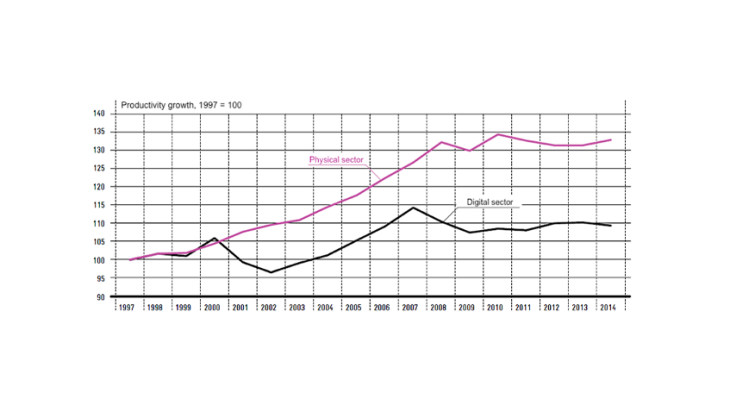Eco Notepad
The technological revolution: between hopes and concerns
Published on 6th of November 2019
Post n°141. 1st prize-winning blog in the 2019 Eco Notepad Challenge - By Nicolas Laine (ESCP).The technological revolution raises numerous questions as it permeates every aspect of our daily lives. Real hopes or legitimate concerns? To separate true from false, let’s take a look at this conversation between two friends, overheard in rue Croix des Petits Champs…

